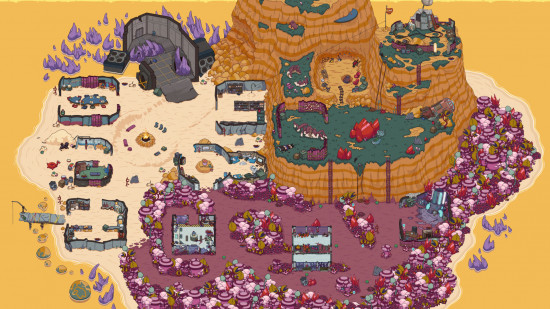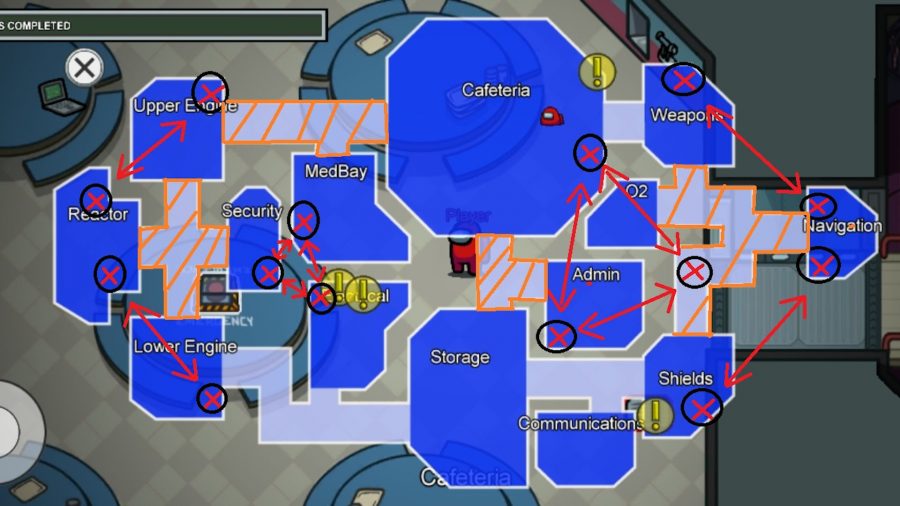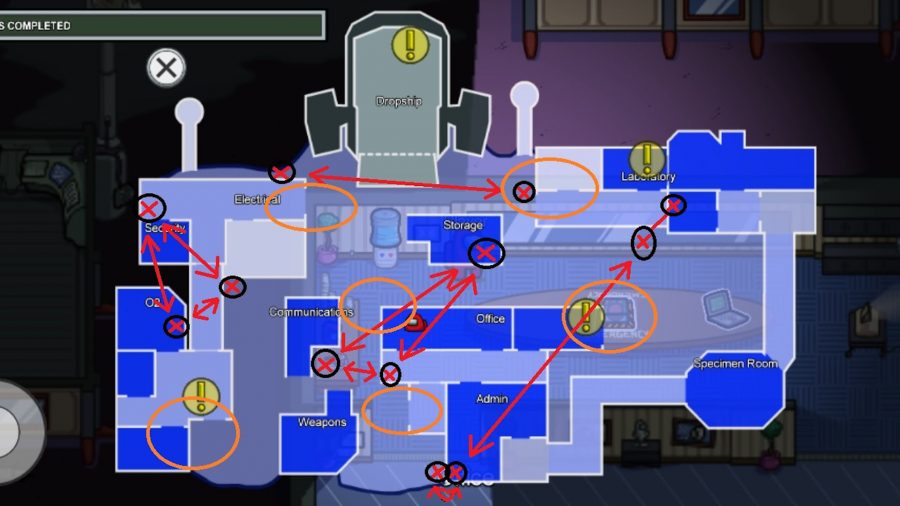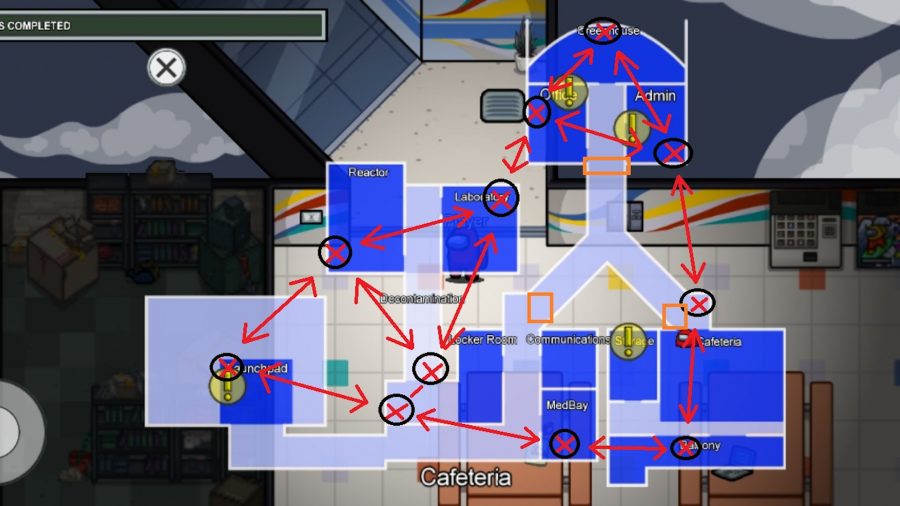Mastering Among Us requires strategic map knowledge. This breakdown covers key layouts, vents, and mechanics to outmaneuver opponents, whether you’re defending as crew or plotting as an impostor.
The Fungle
Debuting in late 2023, this terrestrial map swaps spaceships for fungal forests. Players spawn on a beach, navigating 18 zones filled with spore-covered terrain. Key vent paths allow impostors to traverse between Splash Zone, Cafeteria, Storage, and Laboratory or use Jungle/Greenhouse connections. The vast environment creates frequent isolation opportunities for strategic eliminations.




The Airship
This expansive 2021 addition features 17 zones from the Henry Stickmin universe. Twelve vents enable rapid movement across its open decks. Crewmates must navigate multiple floors containing vital systems like Records and Cockpit. Sabotage opportunities increase with numerous isolated areas, though security cameras in Meeting Room help balance gameplay.




Polus
Set on a volcanic outpost, this map combines environmental hazards with complex layouts. Twelve ground vents and multiple lockable zones create tactical opportunities. Security feeds in Central Office monitor six areas, while visual tasks remain limited to MedScans and asteroid clearing. Decontamination chambers slow crew progress during reactor emergencies.
Mira HQ
This corporate skyscraper map emphasizes movement tracking. Three bridge sensors log crossings to the Communications room, creating deception opportunities during cooldowns. With no door-locking options, impostors rely on eleven vents and oxygen/reactor sabotage. Only MedBay scans provide visual confirmation of innocence here.
Skeld
The classic spacecraft features fourteen vent connections and four monitored corridors. Security Room cameras reveal orange-marked zones, while visual tasks (garbage disposal, MedScans, etc.) help confirm crewmate actions. Emergency meetings initiate in Cafeteria, with sabotage options ranging from oxygen depletion to door lockdowns. Two crewmembers must coordinate to resolve reactor meltdowns.




